The beloved film community platform is making a bold move into digital distribution, and it's about to change how we discover and rent movies. Letterboxd's upcoming Video Store represents more than just another streaming service—it's a data-driven approach to film curation that leverages insights from 20 million dedicated film enthusiasts.
The platform, which launched in 2011 with modest beginnings, has evolved from a niche social network to a mainstream cultural force that's often called the "Goodreads for film". This December launch promises to bridge the gap between film discovery and accessibility, offering a curated rental experience that puts community-driven insights at its core.
The timing couldn't be more strategic. The current streaming landscape has created a peculiar problem: we have more content than ever, yet genuine discovery has become increasingly difficult. While traditional platforms rely on viewing-time algorithms that often trap users in content bubbles, Letterboxd has spent over a decade building something different—a community where passionate engagement, not passive consumption, drives the conversation.
The platform's user base has exploded from just 1.8 million members in mid-2020 to its current 20 million, but more importantly, this growth represents a shift toward active film curation rather than passive recommendation acceptance.
This positions them uniquely in the distribution space. Unlike platforms where user data primarily tracks what people watch to completion, Letterboxd's behavioral insights reveal what people are passionate enough to discuss, analyze, and share.
The platform has gone fully mainstream, with top reviewers enjoying micro-celebrity status and its "Four Favorites" trend routinely going viral on TikTok. The announcement, strategically made at this year's Cannes Film Festival, signals that this isn't just a tech experiment but a serious bid for industry legitimacy.
What makes Letterboxd's Video Store different from other rental platforms?
This isn't your typical digital rental service, and frankly, that's exactly what the film world needs right now. The platform will introduce themed rental "shelves" that spotlight curated selections from film festivals, global cinema, and emerging filmmakers, creating an experience that feels more like browsing a carefully curated independent video store than scrolling through algorithmic recommendations.
Here's what makes this approach fundamentally different: instead of algorithms optimizing for engagement metrics, Letterboxd's curation will be driven by genuine enthusiasm signals—what films are generating thoughtful reviews, which titles are appearing on users' "want to watch" lists, and what's sparking meaningful discussion across their community. This means films that might perform poorly in traditional streaming metrics but resonate deeply with passionate audiences could find prominence here.
The service will offer rental options either on-demand or within timed windows that mirror festival screenings, giving users access to films that might otherwise remain hidden in the vast digital landscape. This festival-style approach is particularly clever—it recreates that sense of cultural moment and shared discovery that makes festival screenings so appealing, but without requiring you to travel to Toronto or Park City.
What truly sets this apart is how selections will be guided by user activity and enthusiasm across the platform. The curation will be handled by the Letterboxd team, leveraging "behavioral insight" gathered from the 20 million users, but these insights reveal something no other platform can access: the difference between films people finish watching and films people can't stop thinking about. That's a fundamentally more sophisticated approach to film recommendation than anything currently available in the rental space.
How will pricing and availability work across different regions?
The rental structure appears designed for flexibility while acknowledging the complex realities of global film distribution. Rental prices will fluctuate based on both geographic region and individual titles, suggesting a dynamic pricing model that accounts for local market conditions and content licensing agreements.
This pricing flexibility connects directly to Letterboxd's community-driven approach in ways that traditional rental platforms can't match. While other services must make broad decisions about territorial rollouts based on market size, Letterboxd can use its community data to identify where specific films have passionate audiences, potentially informing both pricing strategies and regional availability priorities. A documentary that's generating intense discussion among Letterboxd users in certain countries might justify more aggressive licensing efforts for those territories.
Users will be able to rent movies directly from a film's landing page, which represents a significant UX advantage over existing rental ecosystems. Instead of the typical workflow of discovering a film on one platform, then searching for rental options across multiple services, users can seamlessly transition from reading reviews and exploring cast information to actually watching the film. This integration eliminates the friction that often kills the momentum between discovery and viewing.
However, the company hasn't yet revealed its initial lineup of films, and details around launch dates, availability by territory, and specific titles will be announced in the coming months. This measured approach suggests they're prioritizing quality partnerships over rushing to market with whatever content they can quickly secure.
What does this mean for independent filmmakers and distributors?
Here's where Letterboxd's Video Store could genuinely disrupt the distribution landscape. The platform is positioning its transactional video-on-demand service as a potential new pathway to audience connection for filmmakers and sales agents seeking visibility and momentum.
For independent filmmakers, this addresses a critical gap in the current ecosystem. Traditional theatrical releases are increasingly expensive and risky, major streaming platforms prioritize their own content investments, and smaller digital platforms often lack the audience engagement necessary to create meaningful word-of-mouth momentum. Letterboxd's 20 million users represent something different: an audience that actively seeks out and evangelizes for films that resonate with them.
The platform's focus on festival favorites, underseen gems, and emerging voices in cinema suggests it could become essential infrastructure for independent content that struggles to find audiences through traditional channels. The service is particularly interested in exploring limited runs of films that haven't yet secured widespread distribution, potentially offering filmmakers a direct route to engaged audiences who are actively seeking out unique content.
Consider the unique value proposition: even if only a small percentage of Letterboxd's user base rents a particular film, these aren't passive viewers who stumbled across a trailer. They're users who have actively engaged with film discovery, who write reviews, and who seek out recommendations from trusted community members. For filmmakers, this represents access to the most valuable type of audience—people who not only watch films but advocate for them.
For distributors, this could provide invaluable market intelligence. Success on Letterboxd's platform could serve as proof of concept for broader distribution strategies, offering concrete data about audience enthusiasm before committing to larger theatrical or streaming deals.
The bigger picture: Letterboxd's evolution from social network to streaming player
This move represents more than just revenue diversification—it's the natural evolution of what Letterboxd has always been about, but with significantly higher stakes. The platform has gone fully mainstream, transforming from a niche tool for film buffs into a genuine cultural force that shapes how people discover and discuss cinema.
By launching the Video Store, Letterboxd is making a strategic bet that community-driven curation can compete with algorithm-driven recommendation engines in the marketplace, not just in social media engagement. They're leveraging their cultural influence to create a new revenue stream while serving their community's desire for better film access, but they're also positioning themselves as essential infrastructure for the film industry itself.
This transformation from social platform to distribution player gives Letterboxd significantly more industry leverage. Instead of merely being a place where people discuss films distributed by others, they're becoming a platform that can directly impact a film's commercial success. For an industry increasingly focused on reaching passionate, engaged audiences rather than broad mainstream appeal, this represents a potentially powerful shift in the ecosystem.
What to expect when the Video Store launches
While December marks the official launch, the strategic mystery surrounding specific details suggests Letterboxd is prioritizing sustainable partnerships over quick market entry. More information will be released when Letterboxd launches its video store in early December, including the crucial details about which films will be available and in which territories.
The phased information release likely reflects the complexity of film licensing negotiations, where promising specific titles or territories before contracts are finalized could create legal and business complications. This cautious approach contrasts sharply with the typical tech startup strategy of generating maximum buzz through bold promises, suggesting Letterboxd understands they're entering an industry where credibility and reliable partnerships matter more than viral marketing moments.
What we do know is that the service will harness "behavioral insight" drawn from its 20 million-strong community to inform curation decisions. This could potentially create the most sophisticated community-driven rental service yet, where passionate user engagement directly translates into content availability and prominence.
The success of this launch will largely depend on execution across multiple complex dimensions: technical infrastructure capable of handling potentially millions of users, content partnerships that deliver on the promised curation philosophy, and pricing strategies that balance accessibility with sustainable business models.
Bottom line: This December launch could mark the beginning of a fundamental shift where social film platforms become serious distribution players, successfully bridging the gap between passionate film discovery and accessible viewing options.
If Letterboxd executes successfully, they won't just be offering another rental service—they'll be demonstrating that community-driven insights can create better film distribution than traditional market-driven approaches. For an industry struggling to connect deserving films with engaged audiences, that could represent the breakthrough everyone's been waiting for.





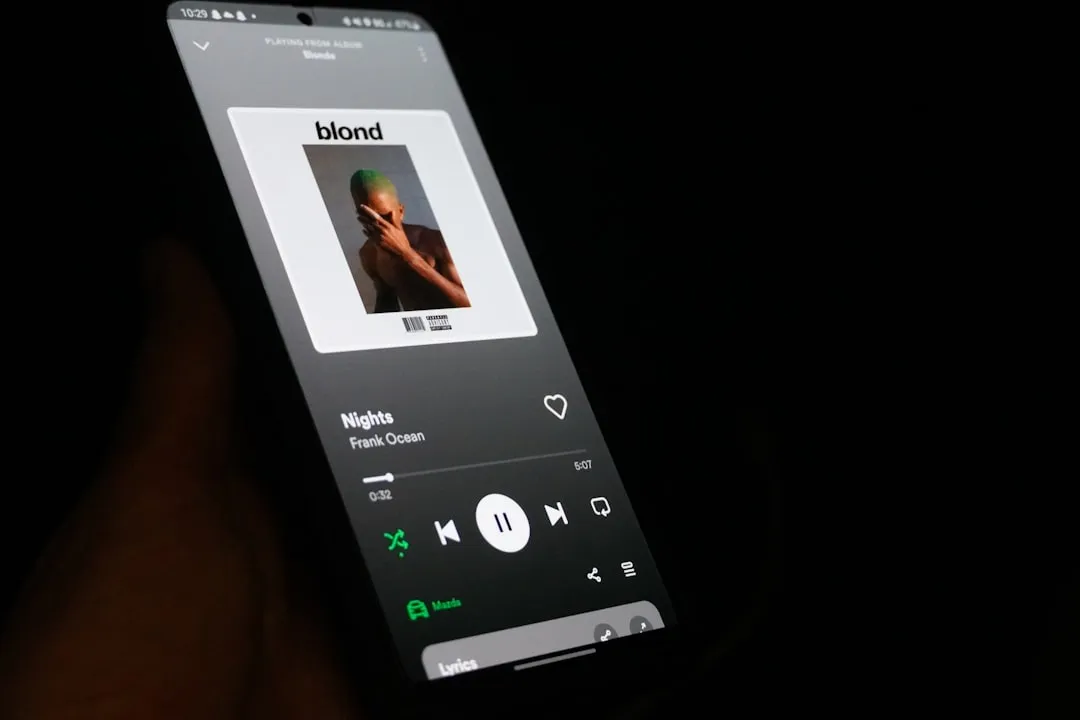
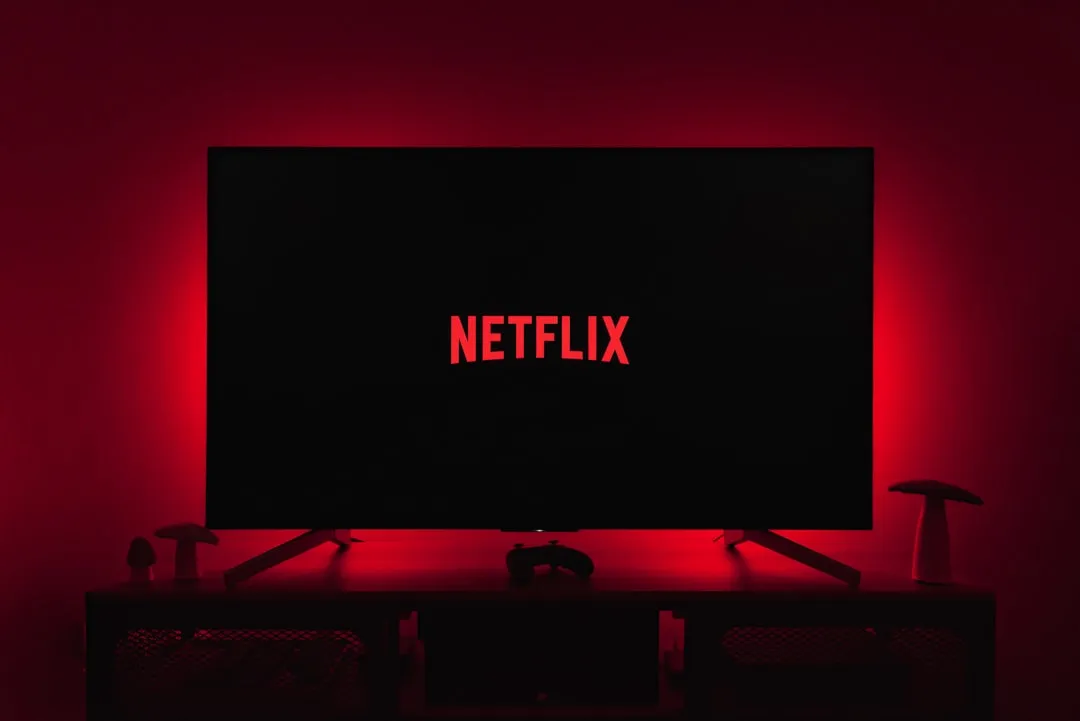
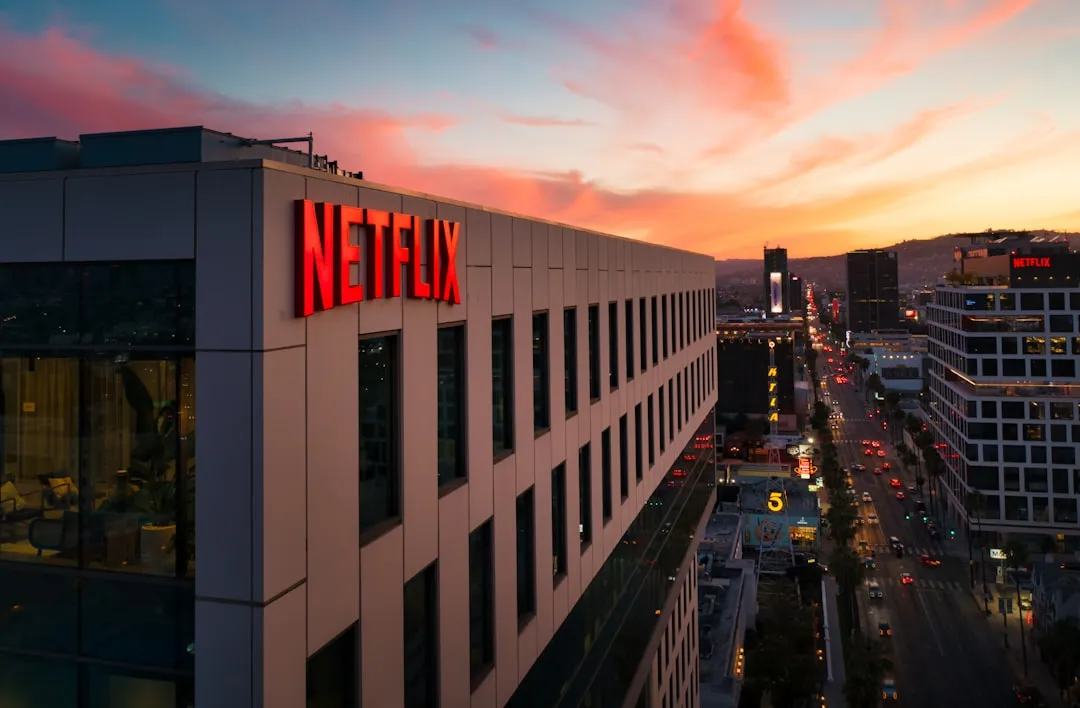






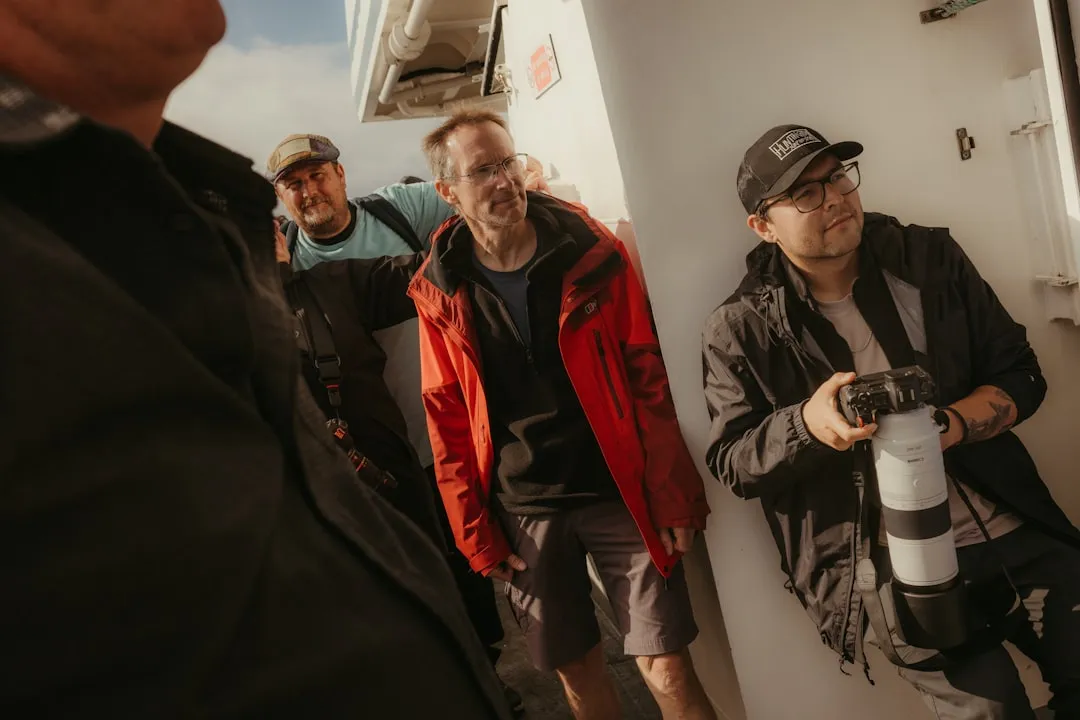

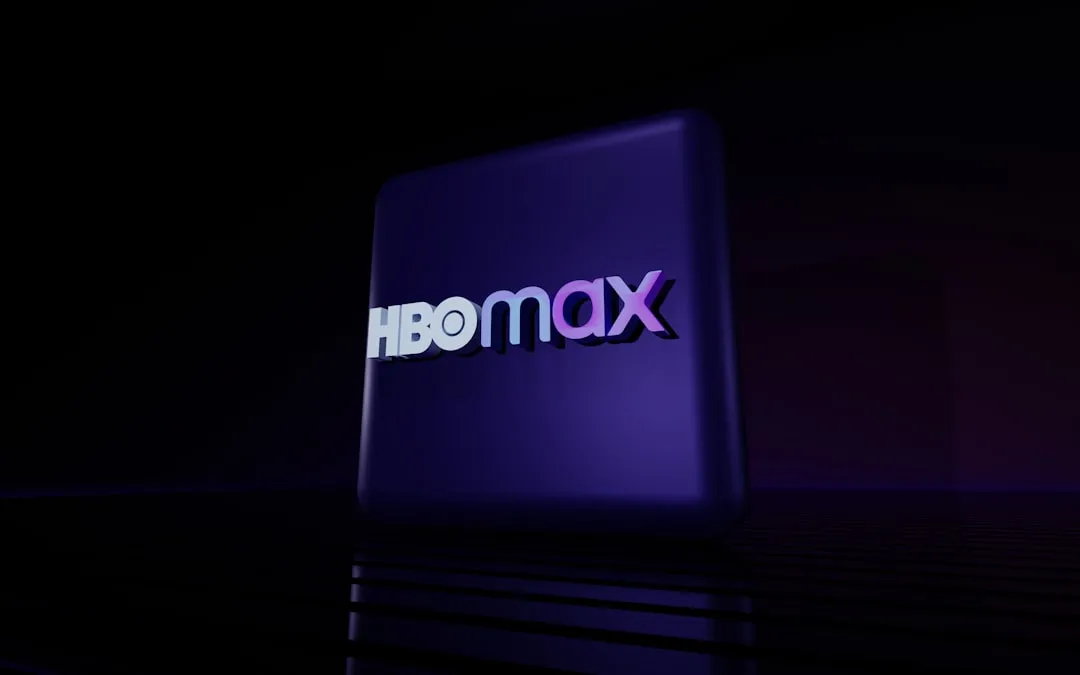
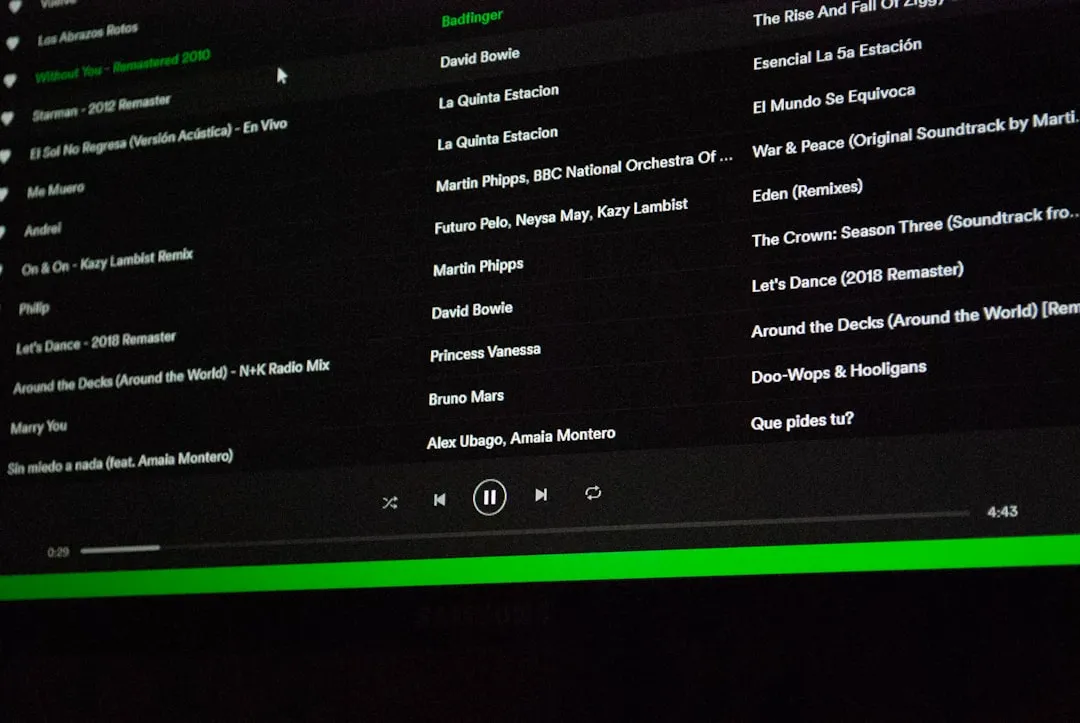

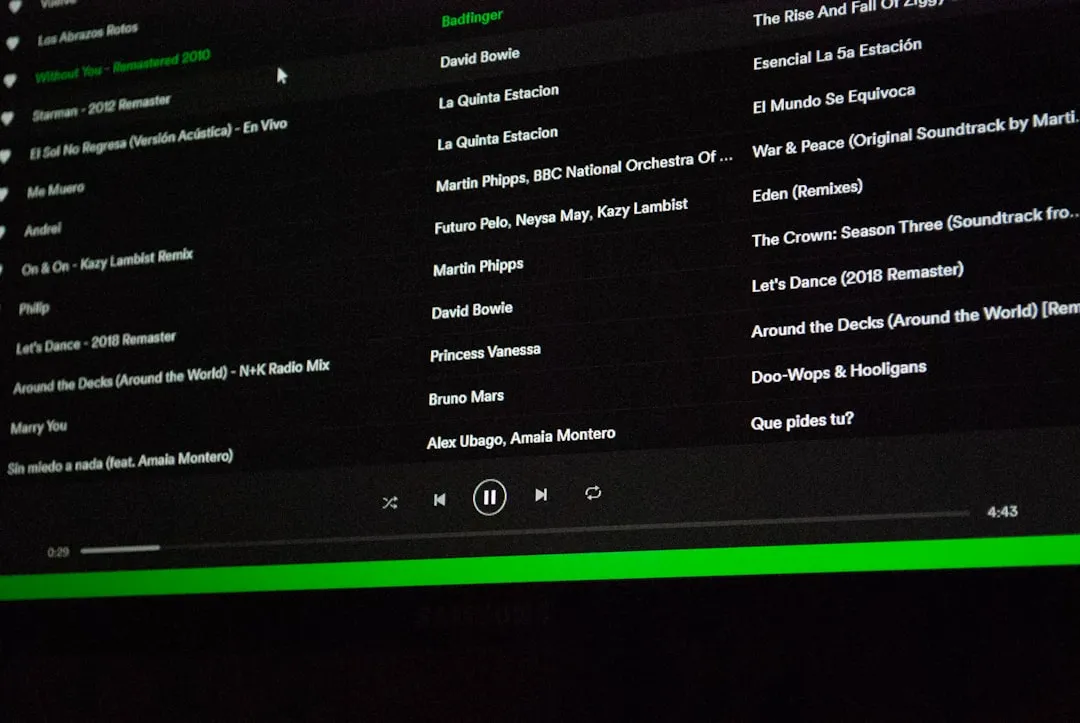


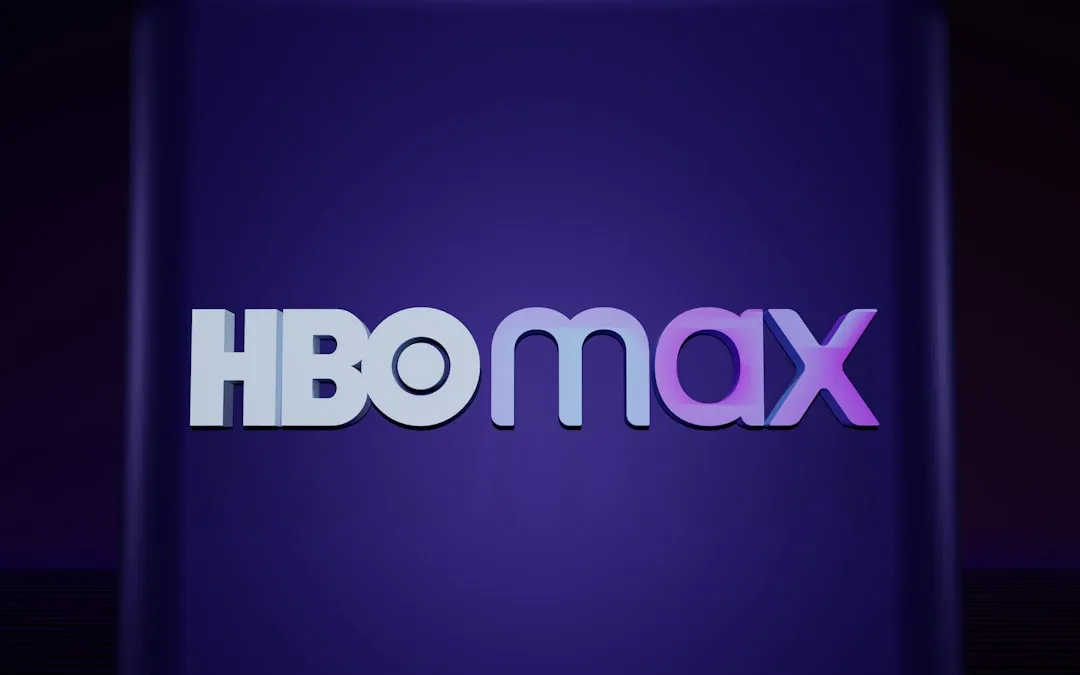


Comments
Be the first, drop a comment!